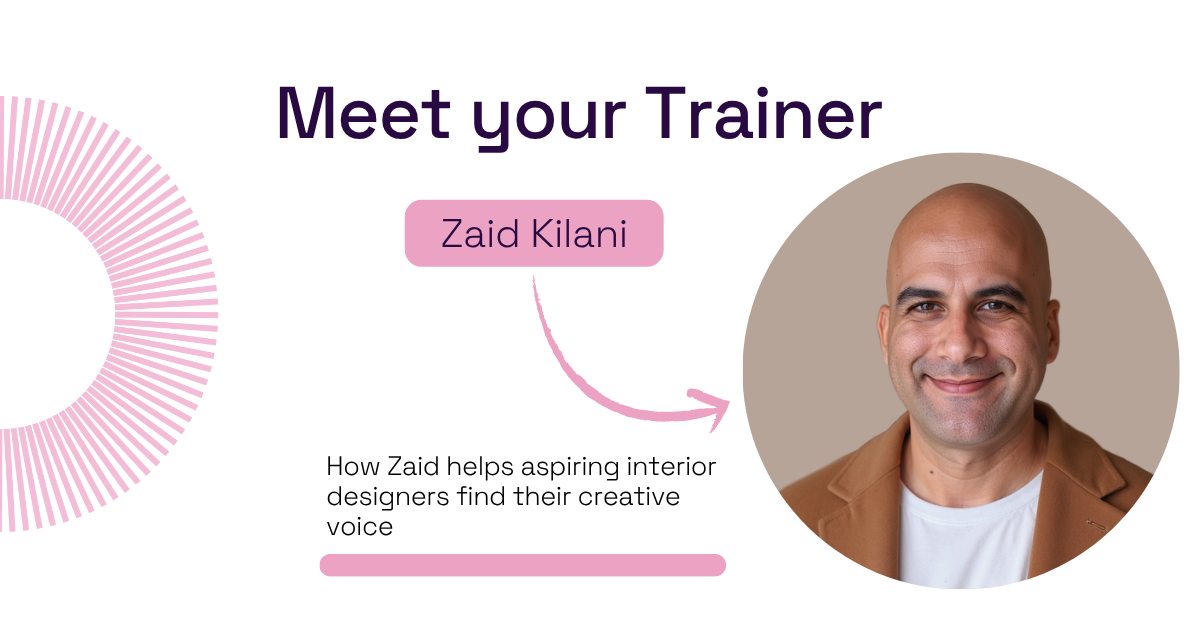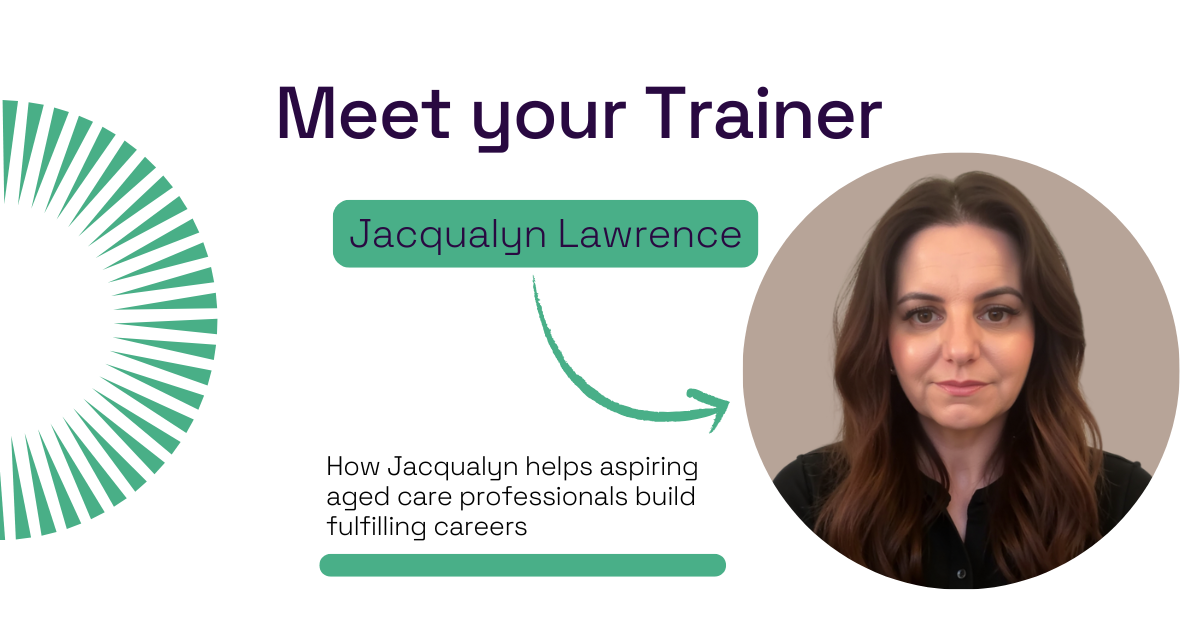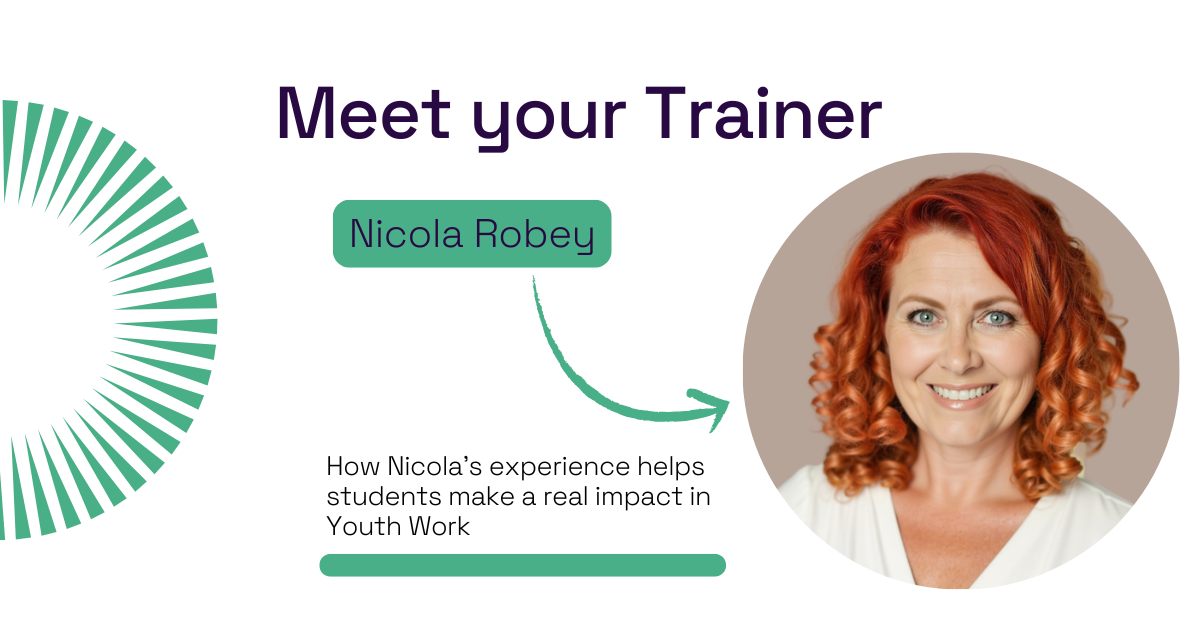Explore our collection of informative and educational blog posts to stay updated on the latest industry trends and expert advice.
Skills needed to be a Youth Worker

**This is an updated post**
Working with young people can be one of the most rewarding career choices you make. As a Youth Worker, you could shape a young person’s future for the better.
If you’re looking for a highly fulfilling career focused on assisting young people with their emotional, social and financial problems, a career as a Youth Worker might be the right pathway for you.
Read our blog to find out what skills you need to become a great Youth Worker and help support and empower young people.
Is youth work a good career?
Why do you want to become a Youth Worker?
Some Youth Workers are drawn to this profession because they’ve had to overcome challenges in their own lives and have a desire to mentor future generations. But even if you don’t have lived experiences you can draw on, you can still become a successful Youth Worker. The most important thing is that you’re willing to work hard to help young people who don’t have the means or support to achieve their own goals. So while the job can sometimes be challenging, it can also be a hugely rewarding career for the right kind of person.
There is also rising demand for trained Youth Workers, so a career in this sector could prove to be stable, reliable and offer room for growth.
According to the government’s Job Outlook website, there is strong growth predicted for Youth Workers. This is backed up by LinkedIn’s ‘Jobs on the Rise’ report, which lists Youth Worker as one of the most in-demand jobs of the future.
Top skills required for youth work
As a Youth Worker, your job is to help support young people who may be dealing with a range of issues. These could be behavioural, social, financial or protection issues.
Once you’ve identified the issues that a young person is facing, you can work to try and help resolve them while also putting the person in touch with other organisations or services that may be able to assist.
Being a great Youth Workers means that you need a few specific skills that will help you do your job so you can help others.
These are some of the most important skills needed to be a successful and effective Youth Worker:
- Communication skills - Being a strong communicator means having both verbal and listening skills. Being able to clearly communicate while also being able to take in what another person is telling you (as well as what they may not be telling you) will help you to provide counsel and create a safe, non-judgemental environment.
- Collaboration—The ability to work well with others is essential when you’re trying to help support and empower young people. You’ll also be working with governments, institutions and agencies to offer holistic solutions for young people’s specific cases.
- Knowledge of psychology—A baseline knowledge of human psychology that can be implemented in your work is highly valuable.
- Rapport—The ability to build rapport with young people is essential so that you can engage with them and build a relationship based on mutual trust and respect.
- Sensitivity and patience—You may deal with individuals who have experienced serious emotional and physical trauma, which can affect their behaviour towards others (including you). Having sensitivity, compassion and patience will help you build your relationships even in the most trying of situations.
- Attention to detail—This job requires you to be thorough and have strong attention to detail as you’re ultimately handling people’s lives and their personal cases.
- Technological knowledge— Like almost every other profession, it’s important for Youth Workers to be digitally literate. Even though most of the skills in this list are knowledge-based, it’s also crucial to have the ability to carry out basic tasks on a computer or smart device.
What qualification do I need to become a Youth Worker?
Most youth work organisations will expect you to hold a qualification related to the field, such as a diploma or a certificate in youth work. Because while you may have the right personality, the right skills and the right attitude to help young people, a course in youth work can help teach you important skills and knowledge that will prove invaluable. Plus, holding an accredited qualification will almost definitely improve your chances of finding work.
OC offers two online courses in youth work: the CHC50413 Diploma of Youth Work and the CHC40413 Certificate IV in Youth Work. Both of these qualifications are accredited and nationally recognised by the AQF, which means you can use them to help find work anywhere in Australia.
These qualifications can provide you with the training you need to help make a difference in the lives of young people. You’ll even get the opportunity to put your learning into practice with a work placement as part of both of these courses.
Working with young people and helping them to reach their potential can be challenging, but it also offers plenty of rewards. If you’re interested in working with young people and making a difference in their lives, enrol in an OC course today.








